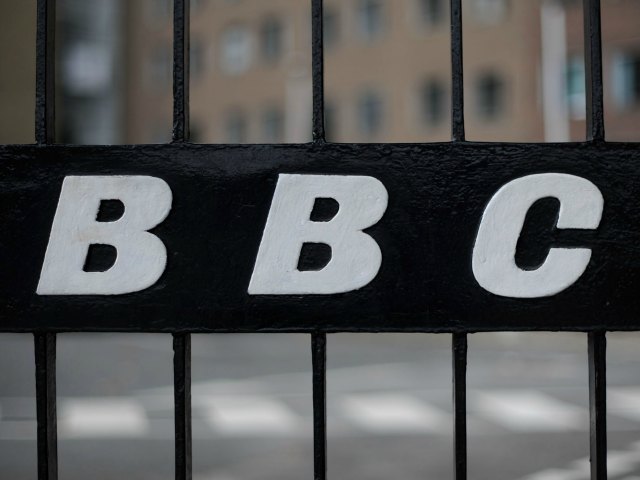Just when the UK may have thought that there could not be any worse news about the sex abuse scandal perpetrated by its once most famous TV and radio star, the Jimmy Savile case gets worse–not just for the late celebrity’s reputation but for those accused of enabling him, including the CEO of the New York Times.
A new report is about to come out saying that Savile abused teens right on the premises of government-run broadcasting facilities.
Jimmy Savile, an actor, TV and radio announcer–or “presenter” as they call it in Britain–and well-loved charity spokesman, passed away in 2011, but only months later, rumors of his rampant abuse of British teens who were enamored of his stardom began to leak out.
In 2012, allegations of his sexual abuse of vulnerable young Brits gained critical mass, and a full-scale government investigation was launched–as the British Broadcasting Service (BBC) is owned and run by the government. This gave Savile’s crimes an air of government approval when it became known that many BBC officials may have known of Savile’s crimes but covered them up, assisted in them, or at the least ignored them.
By June of 2013, not only had hundreds of cases of abuse come to light but the investigation had spread to other BBC employees.
In mid-2013, the BBC released a statement saying that it was “appalled” by all the sexual crimes perpetrated by Savile and his cohorts.
“We have launched a series of reviews that aim to understand if there are any issues with the current culture of the BBC or the historic culture and practices from as far back as 1965 to see what lessons can be learned to prevent this happening again,” the BBC said in the statement.
On top of the internal BBC reviews, the government in London launched a far-reaching investigation that eventually indicted dozens of people.
The British police also launched an investigation even as they were being accused of ignoring the Savile scandal for 50 years.
Now, a new report is coming early next month that will plunge the BBC into crisis all over again. Dame Janet Smith, a former court of appeal judge, will report that the true number of victims of Savile’s sexual crimes will likely never be known, but BBC executives knew what he was up to and turned a blind eye to his behavior.
Not only that, but some BBC employees and officials knew that Savile was using BBC properties to perpetrate his crimes.
A source close to Dame Janet’s investigation told the British media: “The numbers are shocking. Many hundreds and potentially up to 1,000 people were victims of Savile when he was representing the corporation. The report will overshadow Pollard. It will go right to the heart of how Savile was able to get away with the most heinous of crimes under the very noses of BBC staff for more than 40 years.”
Even though hundreds of BBC employees both past and present cooperated in the investigation, Dame Janet found that many of those closest to Savile refused to answer questions.
This scandal hits close to the US, too. One of those suspected by some of acting as an enabler for Savile’s crimes is Mark Thompson, chief of the BBC from June of 2002 to September of 2012. Thompson was in office as Savile’s career and crime spree wound down and even presided over the cancellation of a BBC investigative TV program into the Savile allegations.
Thompson has maintained that he never knew anything of Savile’s crimes but has been accused of lying when he said he was unaware of any allegations of sexual abuse during his stint as BBC chief, a tenure that lasted eight years.
The connection to the US comes in with Thompson, who took the job as CEO of The New York Times after he resigned from the BBC just as the Savile scandal was emerging.
When hired, Thompson swore to the owners of the Times that he had no knowledge of Savile’s crimes and was hired based on that claim.

COMMENTS
Please let us know if you're having issues with commenting.